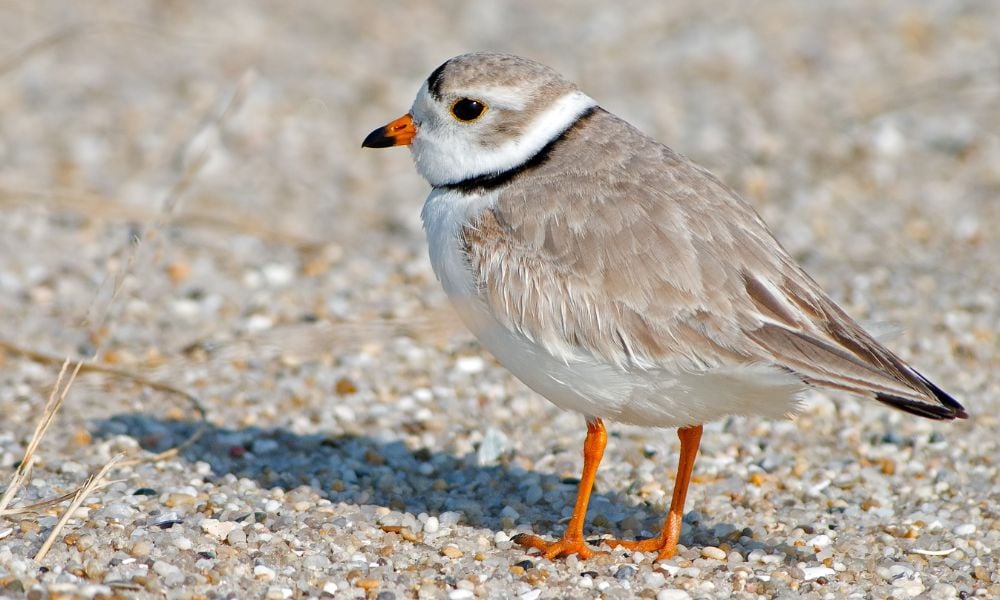
Ecojustice calls ruling a big step forward for species protection in Canada

The Federal Court has abolished the Canadian government’s adjusted approach to safeguarding critical habitat for the piping plover, an endangered bird, in what Ecojustice dubbed a precedent-setting victory that promotes compliance with the Species at Risk Act, 2002 (SARA).
Ecojustice applied for judicial review on behalf of East Coast Environmental Law, the Federation of Nova Scotia Naturalists, and Nature Nova Scotia, according to the environmental law charity’s press release. Before the court, Ecojustice alleged that the federal government’s new method was unreasonable and unlawful under the SARA.
Ecojustice shared that the judge determined that the federal environment and climate change minister breached the law in approving the 2022 amended recovery strategy and action plan for the piping plover and failed to explain or justify sufficiently the abandonment of the previous approach.
Ecojustice noted that Canada’s government used a robust, clear, and science-based habitat mapping method to identify more than 200 beach sites in Atlantic Canada and Quebec by name and GPS location in 2012.
However, in 2022, the federal government replaced this method with a “bounding box” approach, which identified small areas of beaches that met vague and limited criteria, Ecojustice said. This amended approach left sizable swaths of habitat unprotected from threats like development or human interference, Ecojustice lamented.
Ecojustice welcomed the Federal Court’s finding that Canada’s decision to amend the strategy lacked transparency and meaningful engagement with the concerns aired during public consultations. The judge ruled in the applicants’ favour, awarded them legal costs, quashed certain portions of the recovery strategy, and directed the minister to address the shortcomings within 10 months.
Ecojustice said the 10-month period would afford the minister sufficient time to reconsider the strategy without a gap forming in the government’s legal safeguards for the endangered bird species.
“This ruling sends a clear message: the government can’t ignore the law or public concerns when it comes to protecting endangered species,” said Sarah McDonald, Ecojustice lawyer, in the press release.
“Canadians have a right to hold the federal government to its legal duties — and now, we’ll be watching closely to ensure the Minister properly protects piping plover habitat, as the law requires,” McDonald added.
Ecojustice said the piping plover is a small migratory shorebird that nests on open, coastal beaches with sparse vegetation in Atlantic Canada and Quebec. Ecojustice noted this species’ extreme sensitivity to disturbance and habitat loss.
“Effective habitat protection is essential to saving species at risk like the piping plover,” McDonald said in Ecojustice’s prior press release. “When the government relies on vague or overly technical definitions of critical habitat, it weakens its own ability to protect it.
“Canada is in the midst of a biodiversity crisis,” Ecojustice said in its press release. “Species like the piping plover are running out of time. Strong, science-based recovery plans are essential to helping them survive and thrive.”
The environmental law charity noted that the federal government has also used its 2022 plan in its habitat identification activities for at-risk species such as the bank swallow, the northern dusky salamander, and the westslope cutthroat trout.